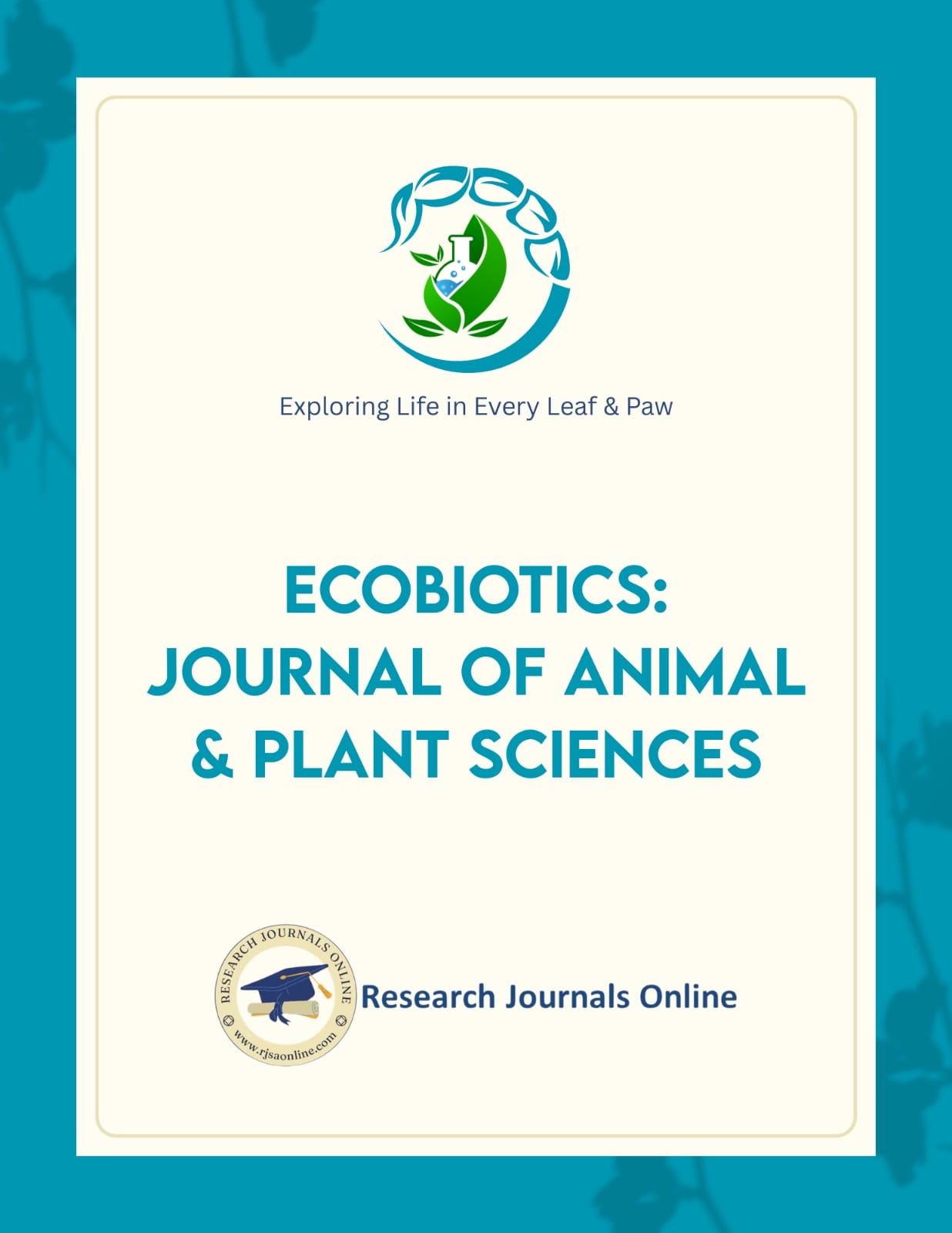Plant–Microbe Interactions and Soil Health
Keywords:
Plant–microbe interactions, Bioinoculants, Arbuscular mycorrhizal fungi (AMF), Plant growth-promoting rhizobacteria (PGPR), Nitrogen fixation, Soil health, Microbial consortia, Nutrient cyclingAbstract
Plant-soil interaction is one of the most dynamic biological interactions occurring in terrestrial ecosystems and forms the basis for soil fertility, plant productivity and ecosystem resilience. The role of useful soil microbes, namely rhizobacteria, mycorrhizal fungi and nitrogen-fixing microorganisms for soil health, nutrient cycling and plant growth are explored in this manuscript. Contemporary experimental studies and literature published between 2000 and 2025 are being used as an illuminating tool to understand the interaction of the microbial consortia with plant roots, their direct and indirect control of hormonal pathways and their contributions towards sustainable soil management. Field trials with microbial inoculants were performed in three types of soil management systems, namely conventional, organic and integrated. The physicochemical, microbial enzyme activities and plant growth parameters were analyzed. Findings show bioinoculated plots were shown to have significantly more nitrogen fixation, phosphorus solubilization, and microbial biomass than controls. Mycorrhizal fungi provided improved drought resistance while rhizobacteria improved root morphology and plant biomass. Metagenomic data showed the high abundance of beneficial taxa with known associations to established soil-health parameters in an organic soil management approach. Consequently, plant-surrounding microbe symbioses can lessen reliance on chemical fertilizers, lower the soil erosion and help agriculture systems to become more sustainable. A good understanding of these interactions, both at ecological and molecular level, is imperative for the development of future biofertilizer technologies and realization of long-term soil sustainability.







